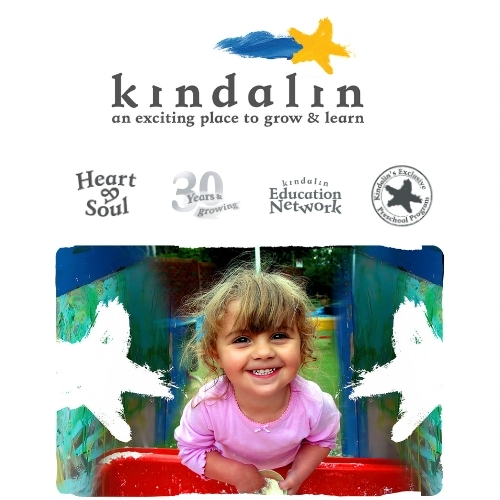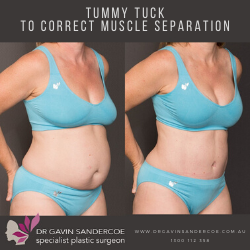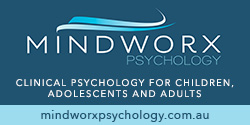Being a mum isn’t an easy job. Being a mum with depression and anxiety is similar to trying to run with your legs tied to a pole. But what exactly is it and how can it be treated? Clinical hypnotherapy is one option to consider.
What is postnatal depression and anxiety?
One in six women will experience postnatal depression and anxiety and one in ten women will experience antenatal depression and anxiety (during pregnancy). Even more surprising is the fact that one in ten fathers will also experience postnatal depression. Up to 50% of women will re-experience postnatal depression and anxiety during their second childbirth.
Depression is currently the world’s greatest cause of suffering according to the World Health Organisation. It impacts over 300 million people worldwide and this number is rising at an alarming rate. Women are 40% more likely to develop depression than men over their lifetimes.
Symptoms of post natal depression and anxiety include fatigue, sleep disturbance, appetite change, decreased libido, mood swings, self criticism, loss of pleasure, anger, worries about the future, obsessive thoughts, panic attacks, feelings of worthlessness, guilt and helplessness. This can develop into thoughts of self harm and suicide if left untreated. These symptoms can emerge from between one month up to one year after childbirth.
It is worth noting that postnatal depression differs from “baby blues”, which tends to last no more than 2 weeks from onset. Depressive feelings can be temporary, but depression is much longer lasting, stretching into months and years.
What are the triggers and effects?
Lack of sleep, fatigue and body changes are stressful to anyone. From my personal experience, my spouse suffered from a stroke a few years ago, leaving me to look after my 1 year old son as a single father. It was stressful, emotional and relentless. Between feeding, changing nappies and keeping a household running, there was no time and energy to recover or rest. Under those overwhelming conditions, depression and anxiety can easily surface.
Only approximately one third of women seek professional help. Postnatal depression and anxiety affects more than just the mother. It can affect infant bonding, trigger infant developmental delays and cause family and relationship breakdowns. Children with parents who suffer from depression and anxiety are 60% more likely to develop depression and anxiety later in life. The risk factor can continue for generations without intervention. This highlights how important it is to address it as soon as possible.
What are the causes?
The causes of postnatal depression and anxiety are complex. It is commonly a mix of physical, emotional and behavioural issues. Contrary to the popular belief, there is no gene for depression and anxiety.
There has been a significant surge in the use of antidepressants in recent years, due in part to the marketing efforts of pharmaceutical companies. The usage has increased by over 60% in the past 15 years, while depression and anxiety rates continue to soar.
Antidepressants are commonly prescribed by general practitioners today with limited training in psychotherapy. It is worth noting that while there is a place for antidepressants in treating depression and anxiety, it rarely is the whole solution.
There are three main issues with this approach. Firstly, antidepressants can secrete into breast milk during breastfeeding and the long term effects are unknown. Secondly, antidepressants do not address the underlying psychological factors. Thirdly, antidepressants carry numerous side effects and can stop working as the body adjusts. Antidepressants also have the highest rates of relapse in all treatment options. After all, drugs alone cannot teach you how to think and act differently.
What is commonly unknown to most people is that the risk factors of postnatal depression and anxiety are generally present years before pregnancy. These risk factors, when combined with the stresses and biological changes from childbirth results in postnatal depression and anxiety.
What are the psychological risk factors?
- Perfectionism
- Excessive responsibility
- Pessimistic outlook
- A tendency to over-analyse life’s events
- Expectations of childbirth and motherhood
- High consumption of social media (Facebook and Instagram in particular)
- Social anxiety
- A tendency to avoid conflicts and problems
- Lack of compartmentalisation skills
- Excessive need for approval
- Lack of support from family or spouse
What are the prevention and treatment options available?
Fortunately, there are numerous solutions available today to prevent and treat postnatal depression and anxiety. Leaving it untreated can have devastating and far reaching consequences so it’s important to seek help as soon as possible.
From a personal perspective, having a strong support network, maintaining social relationships and having a healthy lifestyle all contribute to reducing the risk.
From a professional perspective, solution oriented psychotherapy such as Cognitive Behavioural Therapy (CBT) and Interpersonal Therapy have consistently higher rates of success than other forms of therapy, due to their focus on developing effective behaviour and thinking patterns. In specific cases, anti-depressant medication can be helpful but should always be used with caution.
Although not as widely known, Mindfulness and Clinical Hypnotherapy have been studied extensively in treating depression and anxiety in the past decade, particularly in the United States. A recent study concluded that CBT based Clinical Hypnotherapy can be up to 90% more effective than traditional psychotherapy. Focus based therapy allows the integration of new ideas and skills under optimal learning conditions, so that results can be obtained in a much shorter time.
Being a mum isn’t an easy job. Being a happy, depression and anxiety free mum makes the journey much easier and enjoyable.
Kaizen Hypnotherapy and Mindfulness Clinic provides you with a safe, effective and rapid way to positive change. Using clinically proven techniques, we can treat Depression, Anxiety, Stress, Quit Smoking, Addictions, Binge Drinking, Weight Loss, Anger Management, Fears and Phobias, Sleep issues, Trauma, PTSD, Compulsive behaviours and many more.
Unlike traditional therapy, the focus is on helping you achieve rapid and sustainable results so typical treatment is only 4-6 sessions. Kaizen Hypnotherapy is a mobile service and come to you at the convenience and comfort of your space. So that you can focus on what is important to you.
If you would like more information or you wish to make a booking, please contact:























